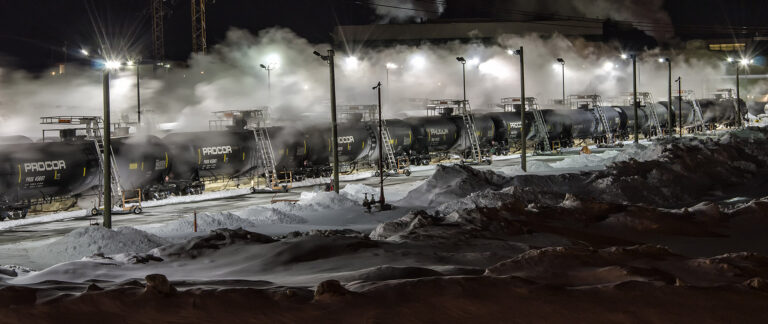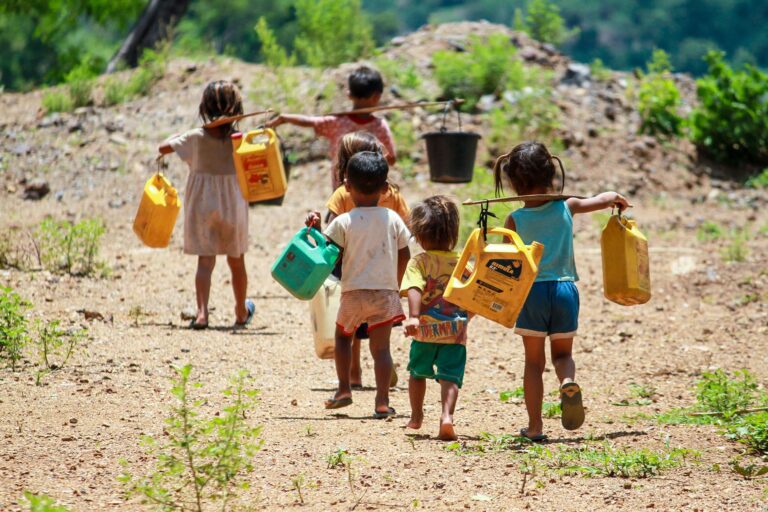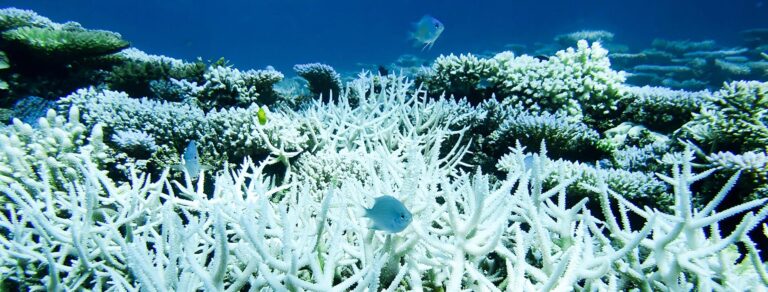The right to the enjoyment of the highest attainable standard of physical and...Read More
Petrochemical products, including plastics, are made of fossil fuels and chemicals.
They can pose serious threats to human rights throughout their lifecycle, which includes fossil fuel extraction, petrochemical production, consumer and industrial use, and waste management. Petrochemicals are used in everyday consumer and industrial products, including plastic packaging, agricultural fertilizers, clothing, and medical equipment.
Despite how common plastic and petrochemicals are in society, their production, use, and disposal can threaten the rights to health, water, food, and a healthy environment. Many chemical additives in plastic products – including phthalates, bisphenol A (BPA), and per- and polyfluoroalkyl substances (PFAS) – are known to pose serious human health harms, including increased risks of cancer and reproductive system harm. People may be exposed to these substances when plastic is produced, leached into consumer goods, recycled, incinerated, or dumped. Children, pregnant people, women, and older people are particularly vulnerable to plastic-related health impacts.
Communities living near petrochemical production facilities are exposed to air and water pollution that contribute to higher rates of cancer, respiratory diseases, and other illnesses. Petrochemical facilities are disproportionately located in low-income communities, for examples in communities of color in “Cancer Alley” on the U.S. Gulf Coast.
Only nine percent of all plastics made have been recycled, despite decades-long campaigns by fossil fuel and petrochemical industries touting the recyclability of plastic products. Instead of taking responsibility for their own waste, countries with high rates of plastic consumption in the Global North regularly export their plastic waste to countries with lax or loosely enforced environmental and labor laws, where it can contribute to environmental and human rights harms. At least 11 million tons of plastic waste make their way into oceans annually, harming wildlife – including seabirds, sea turtles, marine mammals, and fish – and threatening the right to health, as toxins from the plastics enter the food chain.
Plastics emit greenhouse gases throughout their lifecycle and are a significate contributor to the climate crisis. Plastics decay over hundreds, or even thousands, of years, thereby slowly releasing carbon into the atmosphere. And, as microplastics break off and disperse in the ocean, they threaten plankton populations, which play a critical role in removing carbon dioxide from the atmosphere and sequestering it in deep ocean sinks. At the current rate of growth, plastic and petrochemical production will account for 15 percent of the global carbon budget by mid-century.
As global energy systems transition away from fossil fuels, major oil and gas companies are increasing investments in petrochemical production in attempts to protect their profits and continue extracting fossil fuels. According to the International Energy Agency, petrochemicals are rapidly becoming the largest driver of global oil consumption, projected to account for roughly half of the growth in oil demand by 2050.
Photo Credit: Female workers sort out plastic bottles for recycling in a factory in Dhaka, Bangladesh. Photo by Abir Abdullah (Climate Visuals Countdown).
More reading...
The Green Climate Fund (GCF) is a multilaterally-funded financial mechanism created in 2010...Read More
The combustion of fossil fuels, including oil, gas, and coal, is the single...Read More
Water is a limited natural resource and a public good fundamental for life...Read More
Ocean acidification is a symptom of humanity’s dangerous addiction to fossil fuels.
The right to speak freely about the impact of climate change and to...Read More






